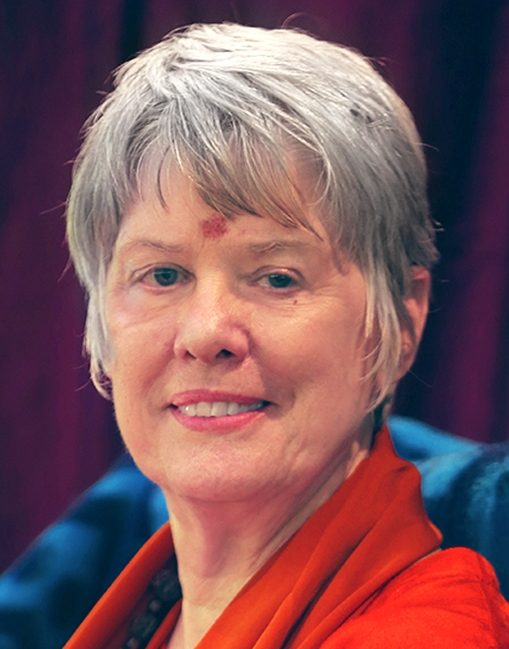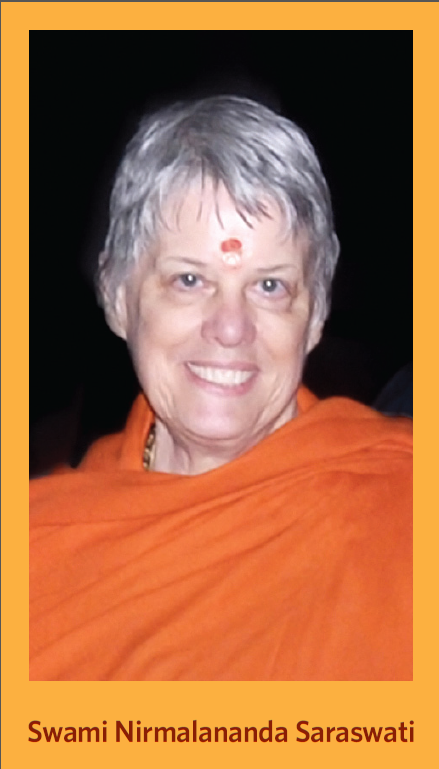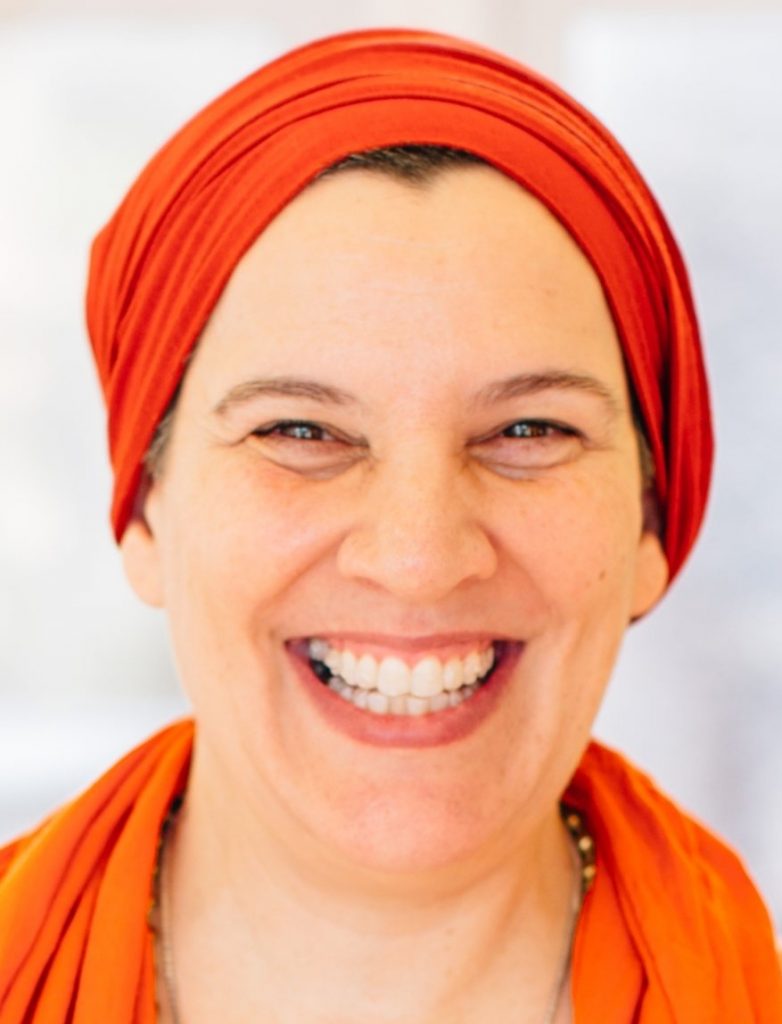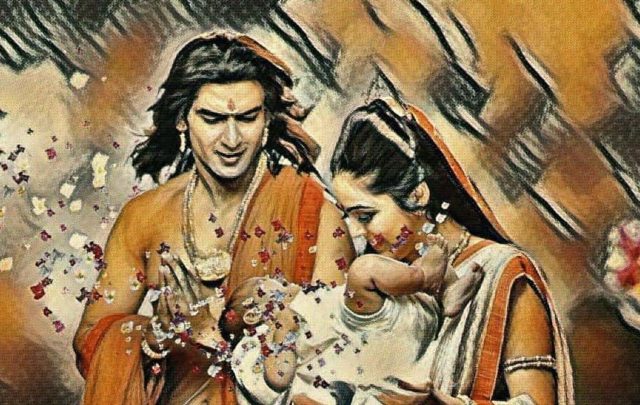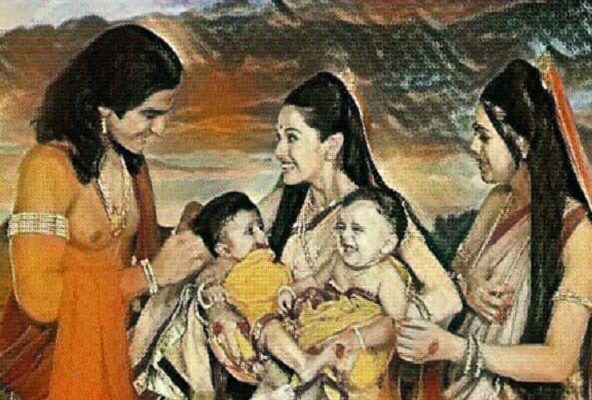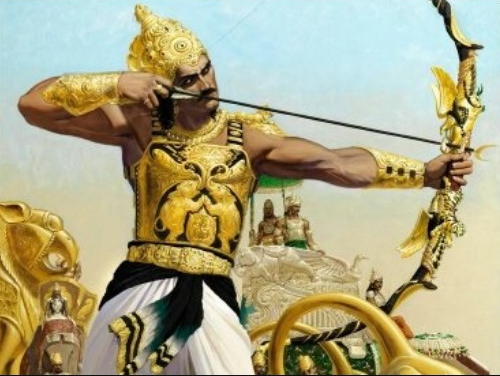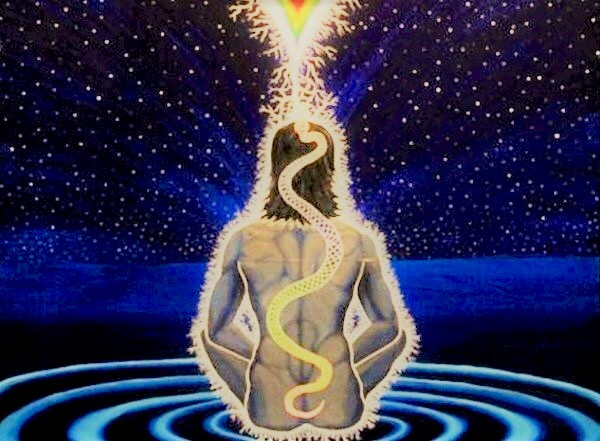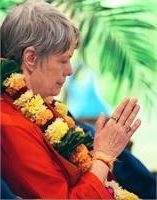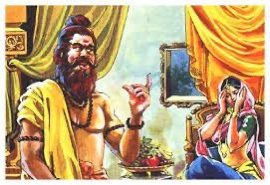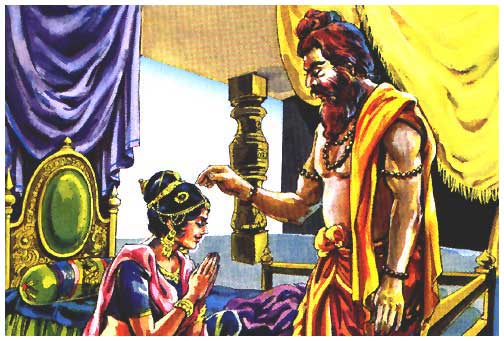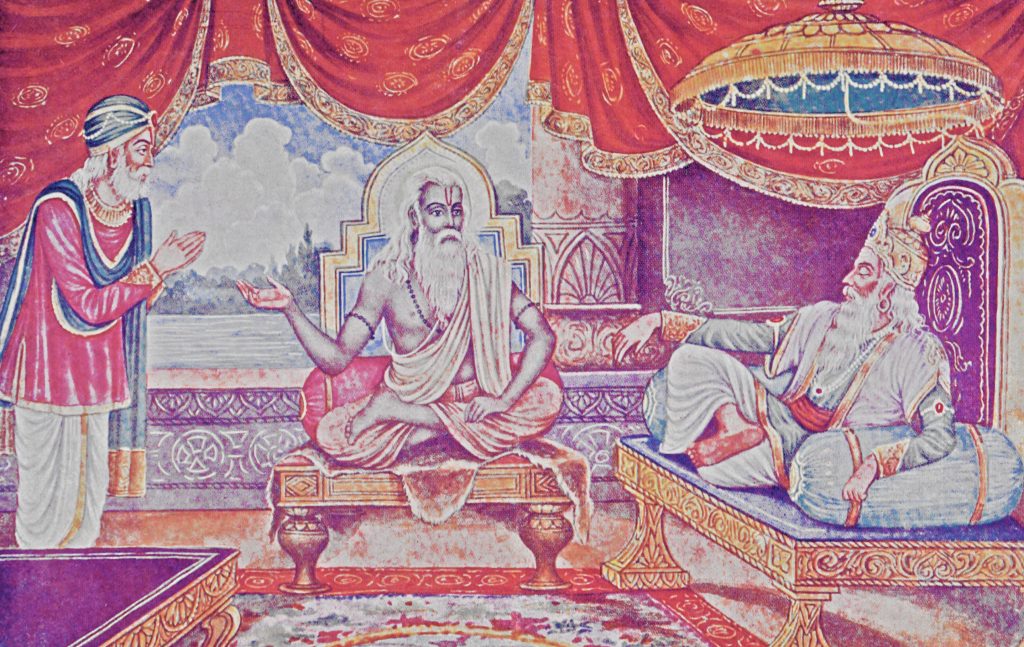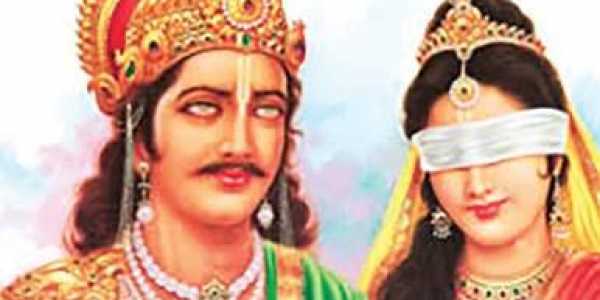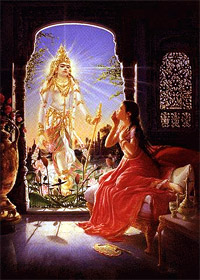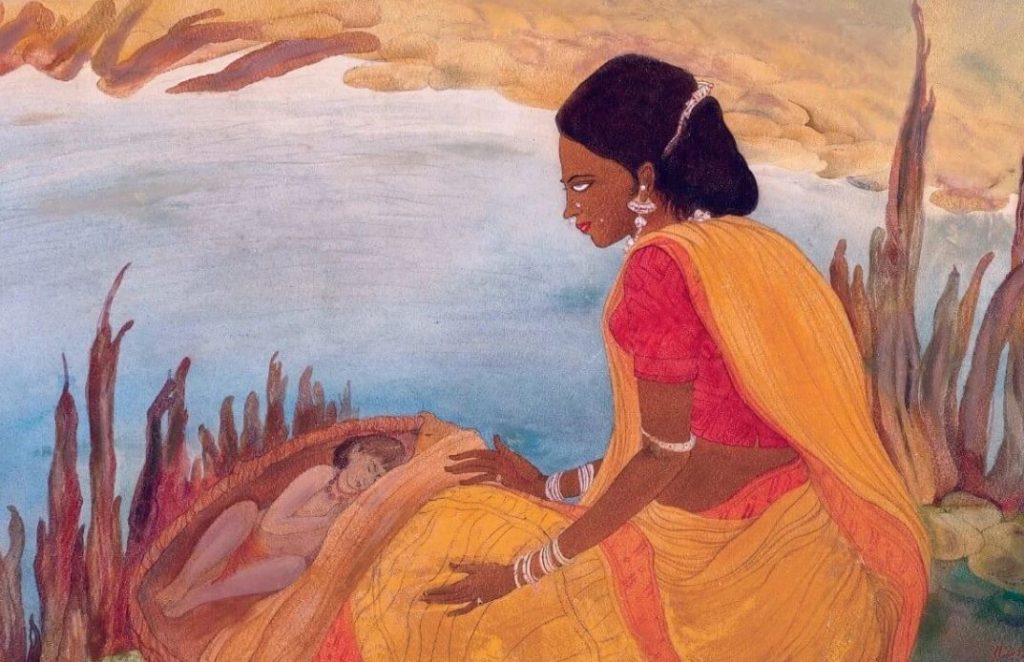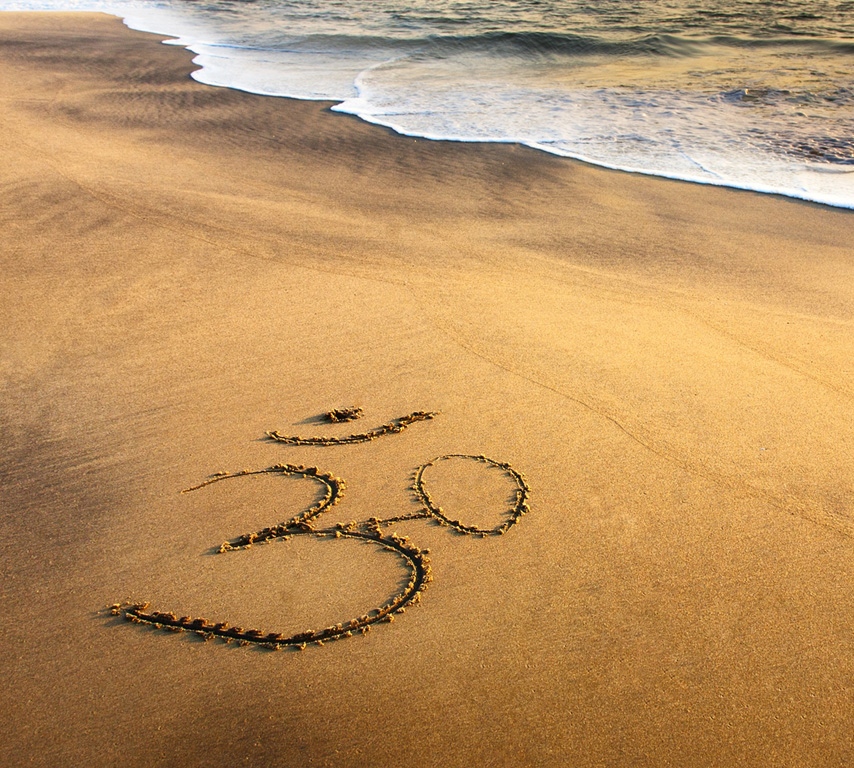
By Swami Shrutananda
My friend texted, “ “My feast is finally ready. No veggies. Just carbs. I love that Mac & Cheese.” On Christmas Day, she sent a lovely picture of steaming Mac & Cheese, homemade wheat bread and a pecan pie. Later she texted, “I can’t stop eating it. I have no control. I want that bliss feeling over and over and over.”
Especially during the holidays, many people find themselves in this food frenzy. They go from one bliss bite to another. Some even get bliss from veggies like collard greens, kale or a fresh green salad. Your body knows these foods are what it needs. You can feel your body absorbing the vitamins and minerals. Bliss treat! Unfortunately, it’s temporary.
You are propelled into seeking bliss because your essence is bliss but you’re not in touch with it. Your bliss need is built into you. Anytime bliss is missing, you don’t feel like yourself. When you are in bliss, you stop chasing and settle into who you really are.
We not only seek bliss from food. We also seek bliss from places, people, pets, music, etc. If I get to sit in the garden, if I talk with that person, hug my pet, listen to beautiful music or go for a walk, I will feel happy. It works most of the time, though not always. On a cold winter day when it’s sleeting, you cannot sit in your garden. You cannot enjoy the sun and the view of the beautiful trees, flowers and birds. When you call a dear friend, sometimes they are needy or grumpy. At times, your pet is whiny, not cuddly. Sometimes your favorite music does not give you a bliss hit. Walking can be no fun when your body is hurting. The things on your happiness list are not always reliable. In fact, they can cause you pain, especially when they don’t give you the bliss treat you wanted and needed.

Later that same day, I phoned my friend. She had a belly ache and sadly announced that she no longer loves pecan pie. After all these years of giving her a bliss treat, the pie was now too sweet. My friend asked what I was doing on Christmas. I replied, “I am doing a full-day yoga retreat at the Ashram from 5:15 am to 9:30 pm. We are doing three rounds, each with a yoga class, chanting and meditation. With each round I experience more and more bliss.” My friend said, “For bliss I do treats, and you do retreats.” We laughed.
Yes, you can do bliss treats that give you momentary experiences of bliss. This is called dependent bliss. You depend on something outside of you to give you bliss. That thing, however, will eventually lead to pain in one of two ways. It leads to pain when you do too much of it. Or you experience pain when that thing fails to give you the bliss you wanted.
It’s called “normal” to try to get in as many bliss treats as you can every day, so you will make yourself happy. Yet, in-between the bliss treats you will be dissatisfied, even in pain. My teacher explains that you must find bliss within:
For lasting bliss, for ever-expanding ecstasy, you have to find the inner source. Your own Self is the source of cosmic bliss. Once you’ve experienced it, it is the only kind you’ll ever really be satisfied with.
— Swami Nirmalananda, Practical Mysticism 5: Pleasure, Pain & Sex
What if you could live in bliss all the time no matter where you were, who you were with or what you were doing? This is independent bliss. To build this capacity you need bliss retreats. Yoga retreats are about finding your source of bliss — inside. You don’t need it to be a whole day. A bliss retreat can be just a minute or a little more.
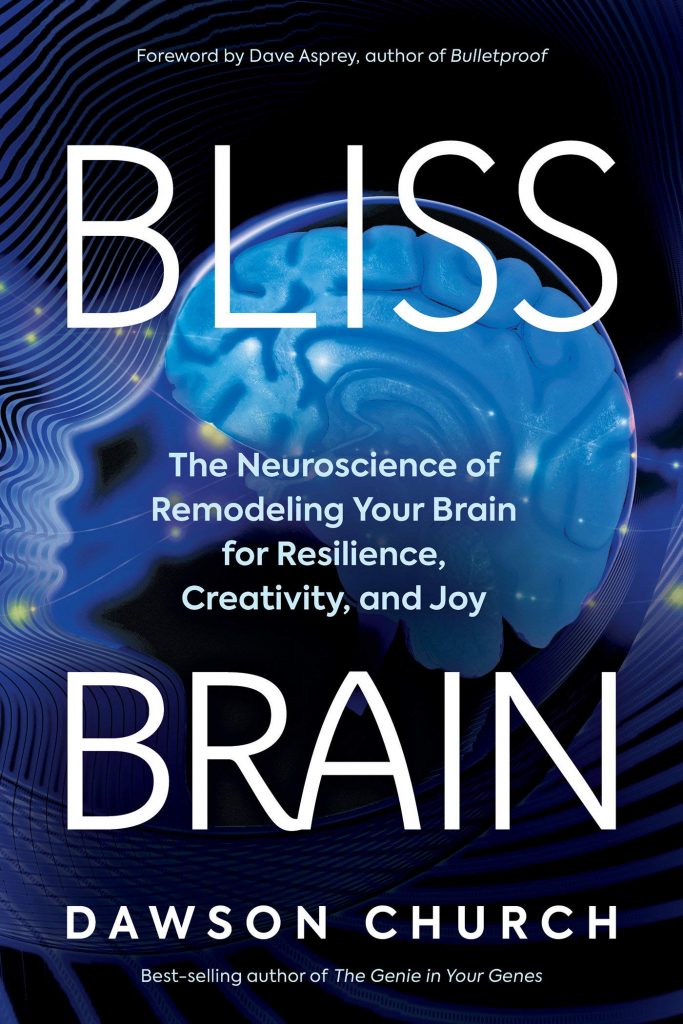
For an instant bliss retreat, you can repeat mantra, chant or meditate. How does this work? While you do these practices, your brain is rewiring itself. This capacity is called neural plasticity. Few people grasp how quickly this shift can happen and how extensive brain changes can be. How much control each of us has over the process is surprising! In Bliss Brain, Dr. Dawson Church finds stunning evidence of rapid and radical brain change. In just eight weeks of meditation, 12 minutes a day, he found that measurable changes are produced in our brains. These changes make us calmer, happier, and more resilient.
Dr. Church says, “When we cultivate these pleasurable states over time, they become traits. We don’t just feel more blissful as a temporary state; the changes are literally hard-wired into our brains, becoming stable and enduring personality traits.” His research shows that neural remodeling goes much farther than scientists have previously understood, with stress circuits shriveling over time. Simultaneously, “The Enlightenment Circuit” — associated with happiness, compassion, productivity, creativity, and resilience — expands.”
Long before these discoveries by researchers, the ancient sages knew this experience and described it:
Lokanandah samadhi-sukham.
— Shiva Sutras 1.18In every moment, such a yogi easily experiences the bliss of Consciousness.
— Rendered by Swami Nirmalananda
Who is such a yogi? Such a yogi is established in the experiential knowing of their own Divine Self. How do you get there? Church states that during deep meditation “the 7 neurochemicals of ecstasy” are released in our brains. These include anandamide, a neurotransmitter that’s been named “the bliss molecule.” Notice that aananda, the Sanskrit word for bliss, is the root of the neurotransmitter anandamide. Your brain makes bliss chemicals.
How does this work? Svaroopa® Vidya Meditation specializes in carrying you to the source of bliss, your own Divine Essence, your own Self. This feeling of your own Self has a physical effect on your body and your mind. Your mind becomes saturated in bliss of your own being.
Starting right now, through the Svaroopa® Sciences practices developed by Swami Nirmalananda, you can begin to rewire your brain for bliss. It will not take 8 weeks. It won’t even take 12 minutes. In this Shaktipat tradition, the effects are almost instantaneous. Our practices are infused with Divine Power. This Grace flows through our lineage — Swami Nirmalananda, her Guru, Baba Muktananda, and his Guru, Bhagawan Nityananda, and meditation masters back through countless ages. Each has added their energy, support and blessings to these practices.
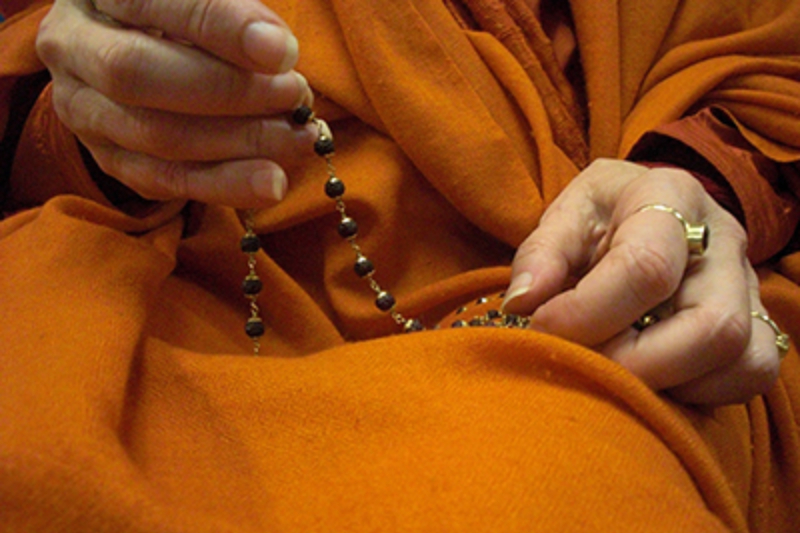
You put forth even a little bit of effort and you get an avalanche of benefit back. The practices that return the most bliss for your investment of time are chanting, japa (repetition of mantra), and especially meditation. Even a minute of these practices will begin to rewire your brain for bliss, revealing your own Divine Essence to you. January is a lovely time to make a New Year’s Resolution. You choose — treats or retreats. Yoga promises that, when you do more and more yoga, your state will be continuous ever-expanding ecstasy.
